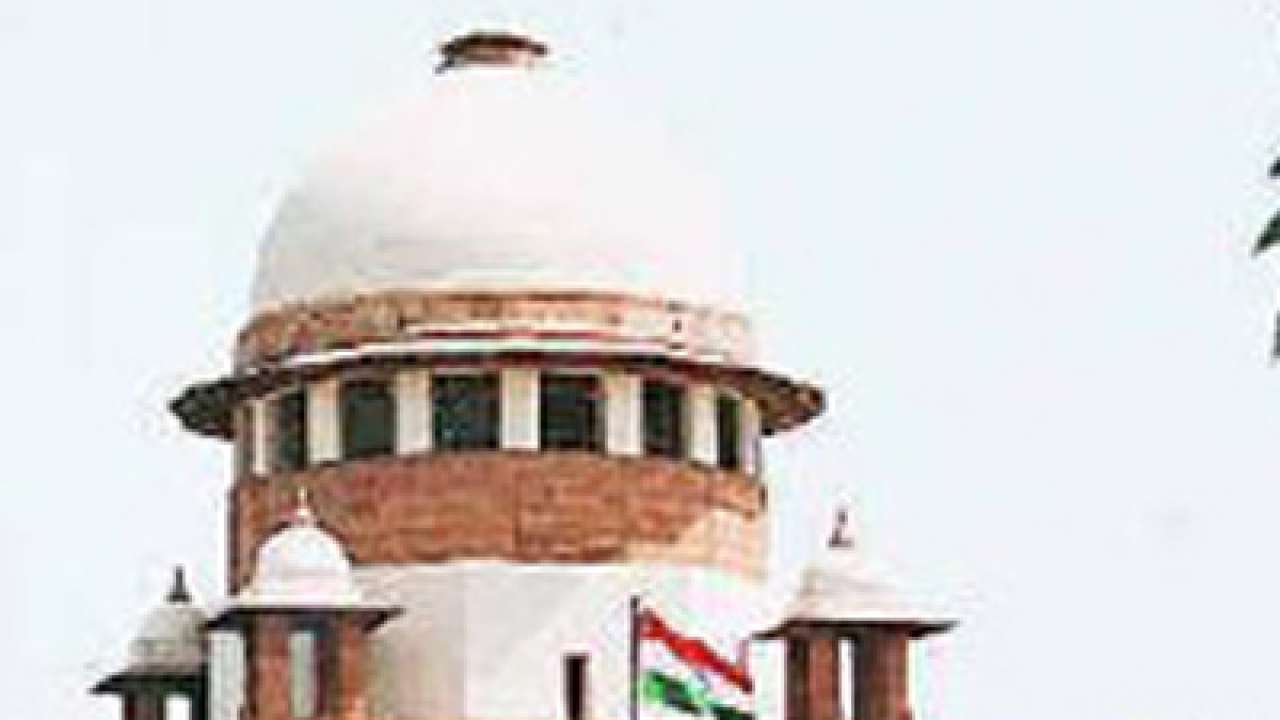
It isn’t quite often that courts are required to walk upon a tightrope in a situation so fraught with uncertainties that it mirrors a Hobson’s choice. Our Supreme Court is in a similar predicament as everyone awaits its further ruling in what is now being tarred and feathered as the “coal blocks” case.
On August 25, the Supreme Court held that the practice of coal blocks allocation which had been prevalent for 20 years, was mired in illegality and arbitrariness, but stopped short of cancelling them en masse, unlike what it did with the 2G licences. Now, as the fate of 218 coal blocks and 46 operative mines hang in balance, there is already a welter of reports and Op-ed pieces screaming doomsday, for obvious reasons. Besides, there are words of caution for the court - that it cannot afford to commit the supposedly same blunder that it did in the 2G scam case - willy nilly intruding into the executive’s domain, usurping policy-making powers, and jeopardising prospective trade and mega investments.
On the other hand, there are equally vociferous demands from another quarter - that the court must do more than its bit to set a deterrent against mammoth-scaled graft and crony capitalism. Prashant Bhushan has been relentlessly strident in his demand that nothing short of wholesale cancellation of all the blocks would meet the ends of justice. Trapped as it is between Scylla and Charybdis, what could be the best approach the court should adopt? For, the consequences of its decisions would be reaching far beyond the immediate fate of the coal mines and their owners involved in this case.
It is here that the judges, having tasted success and adulation in the 2G case, must not give in to the temptation of burnishing their image as corruption-busters, with nary a thought for jurisprudence and public policy. The treacherous path between regularisation and reallocation has to be walked with exemplary circumspection.
It isn’t the case that the court is lacking in precedents to fall back upon; in fact, its own decisions ought to light the path ahead. In 2006, it chided an over-solicitous Delhi High Court for going overboard and erroneously using its power of judicial review. Dismissing the contentions of the petitioners in the Ekta Shakti Foundation case, it found it fit not to interfere with the government’s expertise or wisdom in implementing the Intensive Child Development Scheme.
Then in 2010, came the seminal Reliance gas-pricing dispute, and the judgement is very apposite to the case of the coal blocks, since it addressed the twin issues of allocation of natural resources and judicial attitude towards government regulation. It ruled that the government’s right over scare natural resources like gas is not an absolute one but contingent upon, and must be defined by the Constitutional imperative of the Directive Principles and public interest as charted out by the relevant Fundamental Rights. At the same time, the judges were right in acknowledging that the government was best suited to determine the price of gas, and that they would step in only when there is prima facie evidence of malfeasance.
It is ironic, but perhaps the best guidance is provided by paragraph 146 of the court’s own judgement in the 2G Special Reference, and deserves quoting in extenso:
“... it needs to be emphasized that this Court cannot conduct a comparative study of the various methods of distribution of natural resources and suggest the most efficacious mode, if there is one universal efficacious method in the first place. It respects the mandate and wisdom of the executive for such matters. The methodology pertaining to disposal of natural resources is clearly an economic policy. It entails intricate economic choices and the Court lacks the necessary expertise to make them. As has been repeatedly said, it cannot, and shall not, be the endeavour of this Court to evaluate the efficacy of auction vis-à-vis other methods of disposal of natural resources. The Court cannot mandate one method to be followed in all facts and circumstances. Therefore, auction, an economic choice of disposal of natural resources, is not a constitutional mandate.” (Emphasis, mine.)
None of the coal block allottees have contended that arbitrariness or any kind of favouritism has done them in. Thus, in principle, a cancellation of all the allotments is ruled out, because it would be both imperious and injudicious on the court’s part to go for en masse cancellation and direct reallotment unless specific cases of discrimination have been alleged and proved. However, in no way is this carte blanche for en masse regularisation either, because that would tantamount to legalising brazen corruption.
Expression of judicial indignation is justified, but that cannot and should not be a leitmotif in judicial decision-making. It would be in the interests of both justice and government policy-making if judicial wisdom guides the court to give a robust definition of “public good” in the context of distribution of natural resources as per Article 39(b) , without falling for judicial adventurism.
Saurav teaches Media Law & Jurisprudence in Mumbai and Pune. Follow him on twitter @SauravDatta29.